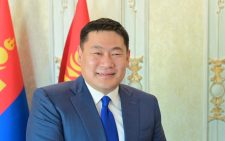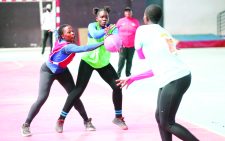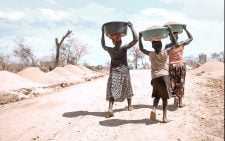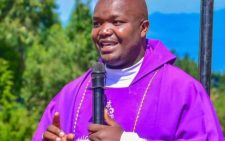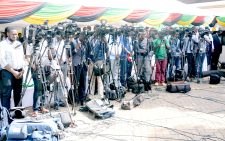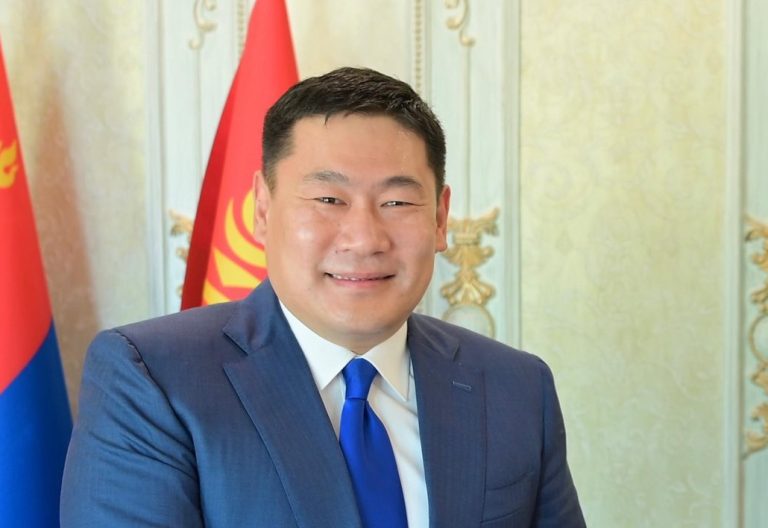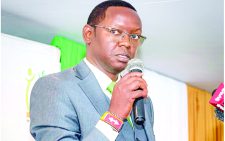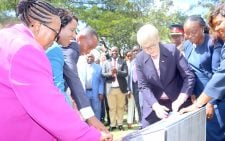2022 polls: Inside IEBC’s plan to place more women in Parliament
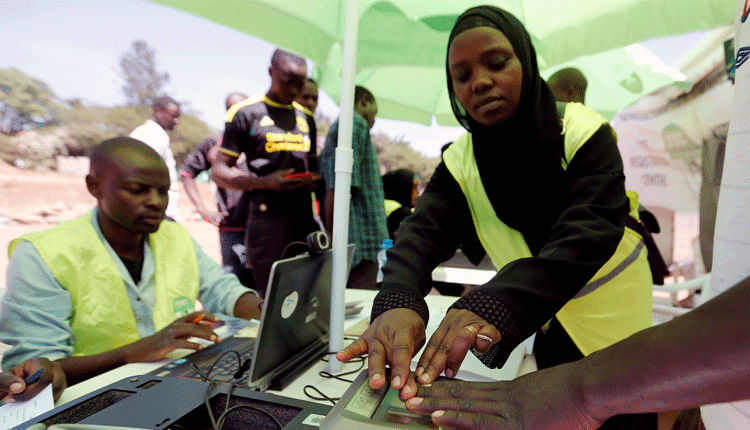
Authorities are working on robust plans to ensure that the political representation of women in elective seats increases in next year’s general elections.
Bodies tasked with preparations of the elections as well as overseeing activities of political parties have made it a priority to advocate for more women in leadership.
Among the entities that are keen on ensuring that political parties abide by the rules on gender representation include the Independent Electoral and Boundaries Commission (IEBC) as well as the office of the Registrar of political parties.
According to the two entities, plans are in place to ensure political parties increase the number of women to contest in next year’s polls.
This came to the fore during a virtual training on women leadership organized by the Journalists for Human Rights.
During the session, Salome Oyugi, IEBC manager in charge of Political Parties and Campaign Financing said that the electoral body will reject party lists for party primaries if they do not meet the gender requirement.
She noted that all political parties will be required to ensure that there is a gender balance during the nomination stage to help increase the chances of attaining the two-thirds gender rule.
“When parties will be representing the list of those who will be participating in their nominations, we want to see a list that will be having 50-50 representation,” said Oyugi.
The IEBC official noted that the electoral body is tasked to ensure that those that do not meet the criteria will be rejected.
As part of the efforts to ensure that more women participate in the elections, IEBC is also in the process of developing guidelines aimed at ensuring that political parties embrace gender equality.
Oyugi said that there is an urgent need to relook some laws that are already in existence to ensure that the rights of marginalized groups such as women are also embraced.
Apart from IEBC, the office of the registrar of political parties is also exploring ways to ensure that the problem of gender imbalance is addressed as the country heads to the elections next year.
Anne Nderitu, the registrar of political parties said that there is a need to clean the country’s political landscape to enable more women to contest for political seats.
Nderitu said the entity has been advocating for an increase in the political party’s fund to enable parties that qualify for the kitty to engage in activities promoting women inclusion politics.
The entity is engaging parliament and the Treasury with a view of ensuring that the fund’s kitty is increased to allow political parties to invest more in activities geared towards promoting the interests of marginalized groups.
“The number of women who register for political leaders are still low. The number of women participating in politics is still low but there is a need to advocate for more women in politics,” she said.
She claimed that although the Campaign Financing Act spells out strict conditions for parties that benefit from the fund, it is important for the country to make the legal criteria more relaxed to allow more parties to benefit from the political party’s fund.
Apart from the entities, women are also not leaving anything to chance and are keen to ensure that they support themselves to challenge male dominance in the country’s political landscape.
In the Nyanza region, a women caucus has been formed with an aim of pooling resources to help build campaign machinery ahead of the next general elections.
In the region, several women are planning to contest various seats including gubernatorial seats. In Homa Bay and Migori counties, Woman representatives Gladys Wanga and Pamela Odhiambo are eyeing to replace two retiring governors.
Three other female MPs are also keen on defending their seats. They include Millie Odhiambo (Suba North), Lilian Gogo (Rangwe) and Eve Obara (Kabondo Kasipul).

